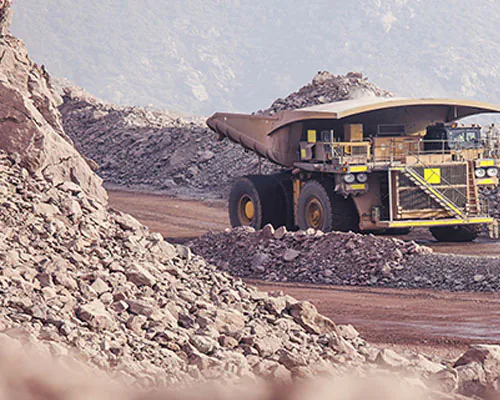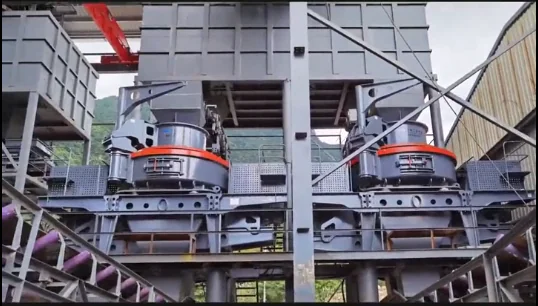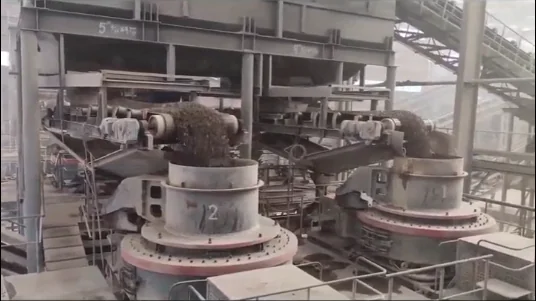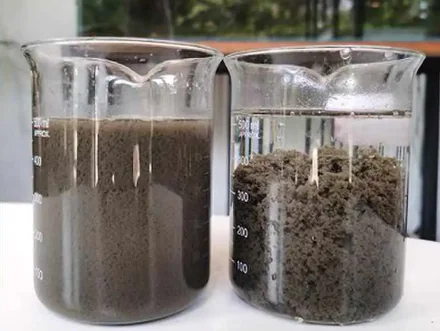Recently, an iron ore enterprise successfully launched its annual production project, yielding 40,000 tons of iron concentrate. Of this, 25,000 tons were sourced from raw ore, while 15,000 tons were derived from tailings. Through meticulous planning and efficient operations, the project not only enhanced the utilization of iron ore resources but also achieved the secondary use of tailings, significantly reducing resource waste. As a leading manufacturer of polyacrylamide (PAM), our company played a pivotal role by supplying essential water treatment agents. These solutions helped the iron ore enterprise improve water treatment efficiency, minimize pollution emissions, and achieve sustainable production.

Cutting-Edge Processes Ensure Efficiency and Sustainability
The project incorporated a range of advanced production processes, including raw material cleaning, crushing, secondary cleaning, magnetic separation, and wastewater treatment. These steps ensured both high efficiency and environmental compliance throughout the production cycle.
Raw Material Cleaning: The project utilized locally sourced raw ore and tailings. By leveraging the elevation difference between the stockyard and the production area, the raw materials were fed into a dual-axis spiral ore washer, effectively removing surface sludge.
Crushing Process: The cleaned ore underwent two-stage crushing using a jaw crusher and a hammer crusher, producing particles with a size of ≤8mm. The wet crushing process, combined with enclosed equipment and water mist spraying systems at the crusher’s inlet and outlet, significantly reduced dust emissions, minimizing environmental impact.

Secondary Cleaning: The crushed ore was transported to a sand washing vessel for further cleaning, removing dust and impurities accumulated during the crushing process. This step ensured the production of high-quality iron concentrate.
Magnetic Separation: The cleaned ore was processed through a four-axis high-intensity magnetic separator to obtain the final iron concentrate product. Solid waste (washed sand) and wastewater generated during this process were treated and managed responsibly.
Wastewater Treatment: The ore washing process generated wastewater containing sludge, suspended solids, and fine particles. Direct discharge would have led to environmental pollution and water resource wastage. To address this, the project implemented an advanced PAM flocculation and sedimentation system. By dosing a 0.1% concentration PAM solution, solid-liquid separation was accelerated, allowing suspended particles to aggregate and settle quickly. The treated water was recycled for ore washing, while the sedimented sludge was dewatered using a belt filter press to form mud cakes for mine reclamation. This approach not only reduced water treatment costs but also aligned with national environmental protection standards.

Driving Green Transformation in the Mining Industry
As a trusted PAM supplier, we are dedicated to delivering efficient and eco-friendly water treatment solutions for the mining, metallurgy, and water treatment sectors. For this project, we customized PAM products to suit the specific characteristics of the mine wastewater, ensuring optimal treatment performance. Our solutions not only enhanced production efficiency but also helped the enterprise mitigate environmental risks.
Moving forward, we will continue to invest in research and development, introducing more efficient, cost-effective, and environmentally friendly PAM products. Our goal is to provide superior services to mining enterprises and other industrial clients, fostering green and sustainable development across the industry.

